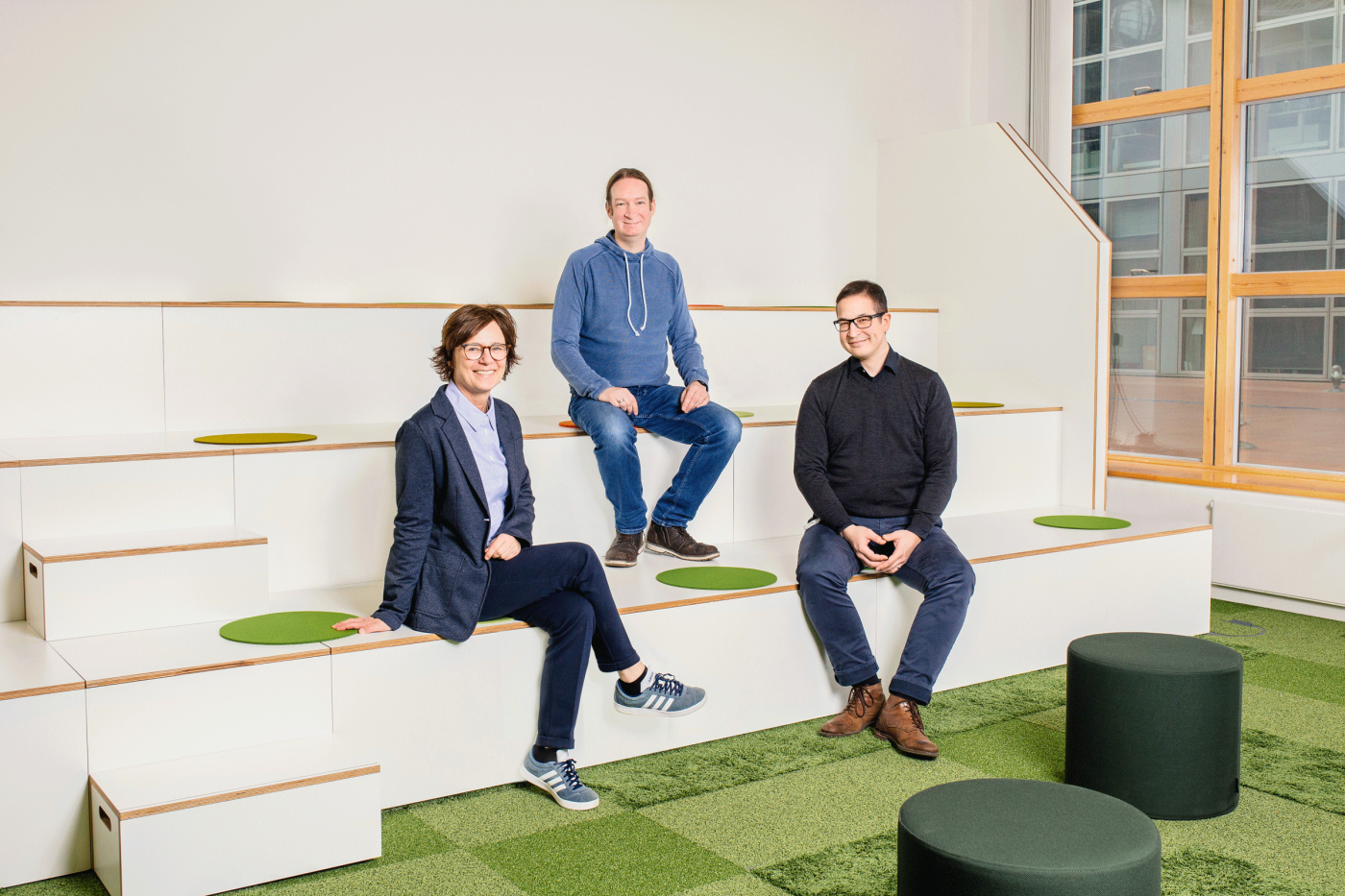Article

The tasks involved in everyday working life become ever more complex, issues more interlinked, while at the same time solutions have to be found ever faster, and innovations must reach market readiness quicker than ever. Achieving all that with traditional hierarchical organisational structures is becoming increasingly difficult.
In response, for over two years now the issue of agility has shaped KALO's organisational development. Not as an end in itself but rather, against a background where metering consumption in buildings is becoming more technically complex and new digital solutions need to be developed, as an obligation.
So it was that, in 2018, a group of agile coaches in KALO's IT department began to initiate a radical rethink which has led to a new attitude and the creation of the framework for a new way of doing things. Two of these coaches are Susanne Reppin, a mathematician and process manager, and Christian Lukianto, an electrical engineer and quality manager. The two of them, who arrived in the agile camp by different paths, confirm that growing complexity meant that KALO too had found that daily tasks were unmanageable by hierarchical means alone.
„We want our colleagues to recognise this change as being their own.”
The software developer Per Jochumsen had a similar experience: “We also realised that a transition towards agility was every bit as multi-faceted as the ever more complex world of work. An individual manager cannot achieve it alone.” What was needed was a team.
So that is what they put together. It comprises 14 people from the fields of software development, IT service, operation and administration, IT senior managers and members of the Works Council. A team like this can accept the transformation more readily than individual coaches”, says Per Jochumsen. “That way we generate disproportionately great power of integration whereby everybody comes along for the ride. We want our colleagues to recognise this change as being their own. And at the same time we can lay solid foundations whereby we can take the process further throughout the organisation.”
“Our goal”, Christian Lukianto notes, “is for decisions to be made as far as possible where the professional expertise is.” And that is not always among the senior managers. This change represents a learning process for everybody, because the necessary decentralisation of decision-making “leads initially to insecurity”, Susanne Reppin points out. Previously it was the senior managers who took the decisions, now these tasks are also migrating to the team.
In the KALO IT department this process of change has extended to the sensitive issue of pay, and with good results. Assistance was provided here by a method, which the agile coaches call peer feedback, through which personnel evaluate each other reciprocally, anonymously and voluntarily. These evaluations later form the basis for employee interviews. “Nobody pulled out: everybody went along with the process, including the Works Council”, reports Jochumsen. And irrespective of their own results, the process has been welcomed by a clear majority.